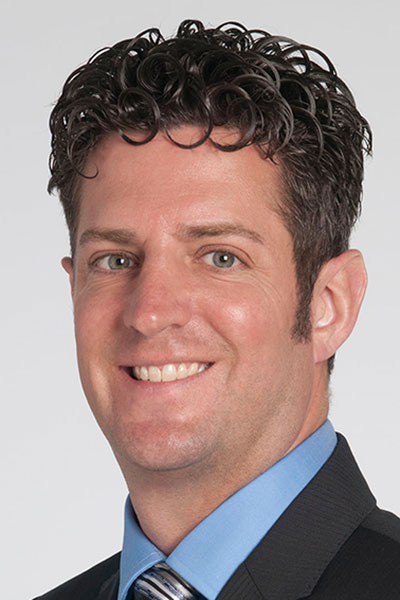
Overcoming Therapeutic Inertia – Leveraging the Diabetes Care Interprofessional Team
Friday, June 23, at 12:45 p.m. PT
Ballroom 20A-C
San Diego Convention Center
(Livestream Available)

Kevin M. Pantalone, DO, ECNU, FACE
Staff Endocrinologist,
Cleveland Clinic
What is your presentation about?
Therapeutic Inertia is the failure to initiate, intensify (sometimes de-intensify) therapy when a patient’s therapeutic goals are not met. This is a very common problem in the management of patients with type 2 diabetes. This presentation focuses on leveraging the care team to help overcome therapeutic inertia, and improve the rates of A1C goal attainment in our patients.
What makes this topic important in 2023?
Early intensive glycemic control is known to reduce the risk of long-term diabetes-related complications. We now have more tools than ever to help us get our patients with type 2 diabetes under control. We have to do better!
How did you become involved with this area of diabetes research or care?
We noticed that our organization’s A1C goal attainment rates were far less than what we expected. We started to conduct research on the topic and realized that therapeutic inertia was a big driver of the outcomes being observed.
How do you think your presentation will impact diabetes research or care?
I think it will help providers managing patients with type 2 diabetes identify strategies, using the resources they have available, and improve A1C goal attainment rates. Different practice types may require leveraging different modalities to overcome therapeutic inertia. Learning about what works, and what doesn’t work, is the first step in improving the quality of care we render, and it helps to identify additional research questions to try to answer.
What are you most looking forward to at the 83rd Scientific Sessions?
Interacting and meeting with colleagues. This will be my first live meeting in nearly four years, since pre-COVID.